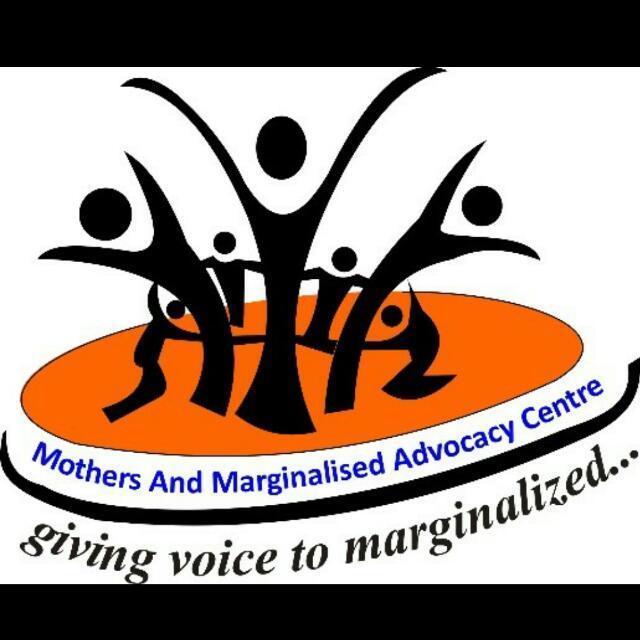
MAMA Centre Workshop/Town Hall Meeting On Socio-economic Empowerment Of Ngwo Women In Enugu
As part of our mandates to ensure empowerment and autonomy of women and the improvement of their political, socio-economic, health status and self-sufficiency towards achieving inclusive and sustainable development in Nigeria, Mothers And Marginalised Advocacy Centre (MAMA Centre) under the aegis of Engendering More Participation of Women for Economic Revitalization (EMPOWER) project with support from The Voice Nigeria holds a Town Hall Meeting on Socio-economic Empowerment of Ngwo Women (Right Holders) in Ngwo community, Enugu state.
This Meeting aims at supporting women of Ngwo with knowledge, to recognise their rights, get organised, learn how to coordinate ideas to be able to demand from the government of Enugu state social amenities that can empower women.
While we are not unaware that the main concern of the Ngwo women is to be armed with the necessary tool to improve their existing palmoil processing business, EMPOWER Project is a target-led project where the target groups which include aged and female headed indigenous women of the Igbo ethnic group will be supported with technical know-how capacity for improved productivity and profitability through linkage to the government.
MAMA Centre through the project will equip the women with skills and capacity, linking them up with members of the executive and legislative arms.
We will open up the space for women to understand their full potentials and apply them towards improving their livelihood and socio-political status in the long run. This Meeting will not only empower the women on how to acquire social amenities from their government but also lay the foundation for women to evolve beyond cultural inhibitions.
This target group is the first of their kind with request to be trained/groomed with advocacy and mobilization skills to engage issues concerning their rights in their community.
We have mapped and identified relevant stakeholders, key influencers within the state that can influence policies and bring about desired change to the women.
The women will then be trained on several ways to organize themselves, mobilize, coordinate and advocate to those in authority to facilitate provision of mechanized equipment used in extracting palm-oil. The normal practise is harvested palm-fruits are crudely processed through the very tedious process of matching with feet or pounding with mortar and pestle to extract oil. This tedious process of course hinders massive production of palm-oil which will in-turn enrich these women.
It is hopeful that through proper linkage with the key influencers, the Ngwo women will witness desired change towards socio-economic independence.
About Ngwo women
Enugu Ngwo and indeed the former Eastern region was known for producing half the world’s total output of palm kernel (and palm oil). This has in a long time seized to be largely because processing equipment are damaged. Enugu Ngwo and its environs which were once a net exporter in agricultural produce are now an importer of food. The women from Ngwo Community have many needs in the area of education, health, social amenities and so on. The success of this Project will encourage the women to seek government’s intervention on other issues.
About MAMA Centre
The Mothers And Marginalized Advocacy (MAMA) Centre was established and registered with the Nigeria Corporate Affairs Commission (CAC) on 5th November 2014 with the registration number CAC/IT/NO73269 as a Non-Governmental, non-profit making, non-partisan organisation with primary mandate to engage government on legislative and policy advocacy to eliminate threats to socio-economic and political status of the marginalised groups and advance their socio-economic and political rights towards self-determination, self-reliance and self-sustenance in Nigeria.
MAMA Centre works to ensure empowerment and autonomy of women and the improvement of their political, socio-economic and health status and self-sufficiency towards achieving inclusive and sustainable development. Through its engagement strategies—advocacy, capacity building, research, networking and service delivery, the organization works to ensure full participation and partnership of women and men in productive and reproductive life, including shared responsibilities for the care and nurturing of children and maintenance of the household.
The organization works to alleviate threat to women’s lives, health and well-being as a result of being overburdened with work and of their lack of power and influence. It empowers women to receive formal education in showcasing their knowledge, abilities and coping mechanisms to attain healthy and fulfilling lives.
BARR. OLA E. ONYEGBULA
EXECUTIVE DIRECTOR, MAMA Centre
